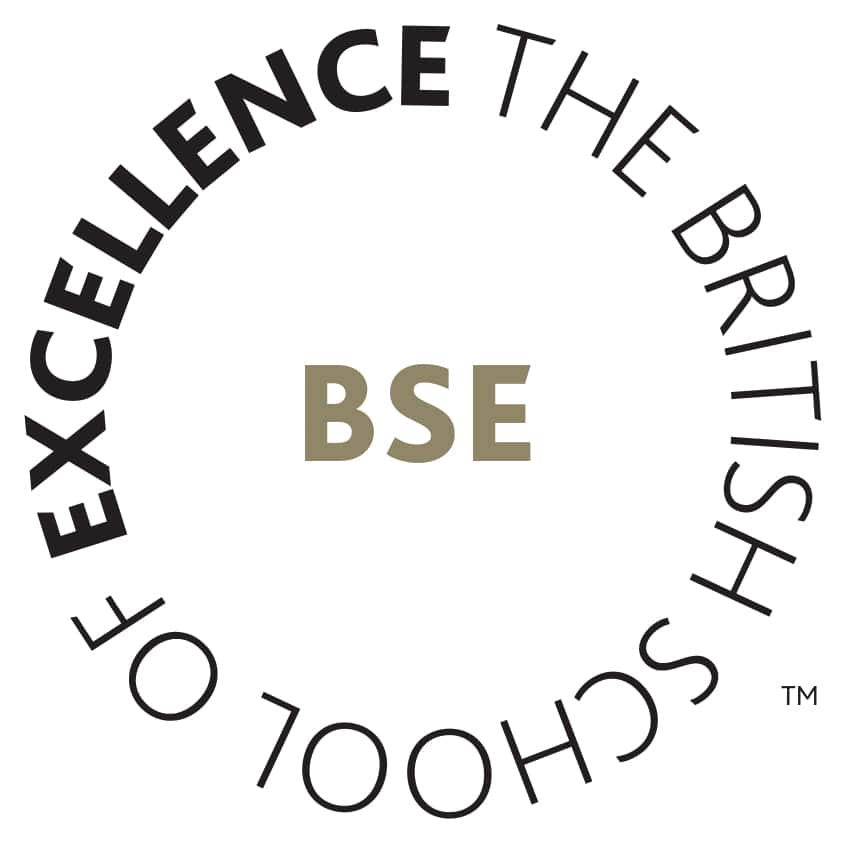This is the fifth article in a series written by Richard Cullinan, Head of the Emotional Intelligence Faculty at The British School of Etiquette and creator of our new EQ courses.
How relationship management skills improve our ability to practice good etiquette and manners:
It is a simple fact that people would much rather interact with people who they think are nice. Good manners make you a more pleasant person to be around and draws other people towards you.
Knowing how to behave and what is expected of you in a social situation will earn you positive reinforcement from your peers and help build your confidence and self-esteem. With this kind of mindset and eye on your behaviour it is far easier to build valuable and lasting relationships.
We have all heard the golden rule; “Treat others the way you want them to treat you”. Another similar but slightly different perspective which enhances real empathy and understanding of our differences is, “Treat others the way they want to be treated, not how you want to treat them.”
Our primary relationships, those we have with our closest friends, our partners or our family members, are a reflection of the kind of relationships we build in the world. With remote working and flexible hours becoming the new normal in the 4th industrial revolution, the blurring of the lines between home and work has become more obvious. To be authentic and true to oneself, the relationships we have with everyone in our lives count now more than ever.
If our relationship intentions are good and honourable, the impact we make on those around us will be good and honourable. Our intentions are at the genesis of our thoughts which in turn make us feel something in our bodies and then express themselves in the form of our emotions.
People are naturally wired to pick up on our intentions; somehow we just know on some level what people are meaning even if they are saying something different.
When our intentions don’t achieve the desired impact, it’s a chance to learn more about ourselves and make the necessary adjustments to be more effective in our communications. When our impacts resonate with our true selves and match our true desires people connect instantly to the honesty and authenticity we show and will follow us and believe in us more than a person who contrives and conspires to persuade from a place of dishonesty.
For any relationship to thrive there needs to be trust. Just like your reputation, it takes time to build trust, but it can be lost in seconds. In any new relationship there needs to be a certain level of trust to begin with. Often by putting a little bit of yourself on the line, you invite the other person to do so as well. Like anything of real value, we build trust slowly. Being consistent and reliable is the best way to build trust with the people you meet, work with and live with.
It is so important when you build relationships to acknowledge other people’s feelings without making too big a deal of it. You don’t need to fix someone; you just need to hear them out sometimes. After all, we all have good days and bad days. When you notice people’s moods you are practicing awareness and empathy. When you show you care about someone it changes the dynamic of your relationship and makes it easier to get along, especially when things get tough.
So when someone is feeling down, take a moment to ask them if they’re ok. It doesn’t take much effort but, in the long run, it builds synchronicity and trust between you. It’s not a secret that people who know they are cared for try harder and become fiercely loyal to the person that is doing the caring.
To build good relationships we need to learn how to resolve conflict well by focussing on the issue and not on the person, handle criticism as if it’s a gift, and learn how to give feedback that encourages and inspires rather than angers and makes people disengage from us. Also, only get angry on purpose! As Aristotle once said, “Anyone can become angry – that is easy. But to be angry with the right person, to the right degree, for the right purpose, and in the right way, this is not easy.”
Because we are living in a world of constant change, we need to learn how to initiate and handle change well and get to understand how people respond emotionally to change. When faced with change people will inevitably deny it is necessary even to the point of denying their own feelings about the change. Then they will object to it, possibly displaying anger or frustration, and ask questions to ascertain why the change is necessary. Then slowly but surely, they will begin to adapt to the change and finally commit to it. Just by having a good grasp of this natural process people go through when faced with change, will ensure that any change you initiate or need to adapt to will not derail your relationships, on the contrary, when handled well, change can be used as a catalyst to grow and develop your relationships.
Here are a few ways you can improve your relationship management skills:
• Learn to treat others the way they want to be treated
• Learn how to build trust by putting a little bit of yourself on the line and by being consistent and reliable
• Handle change well, it’s a great skill to learn!

